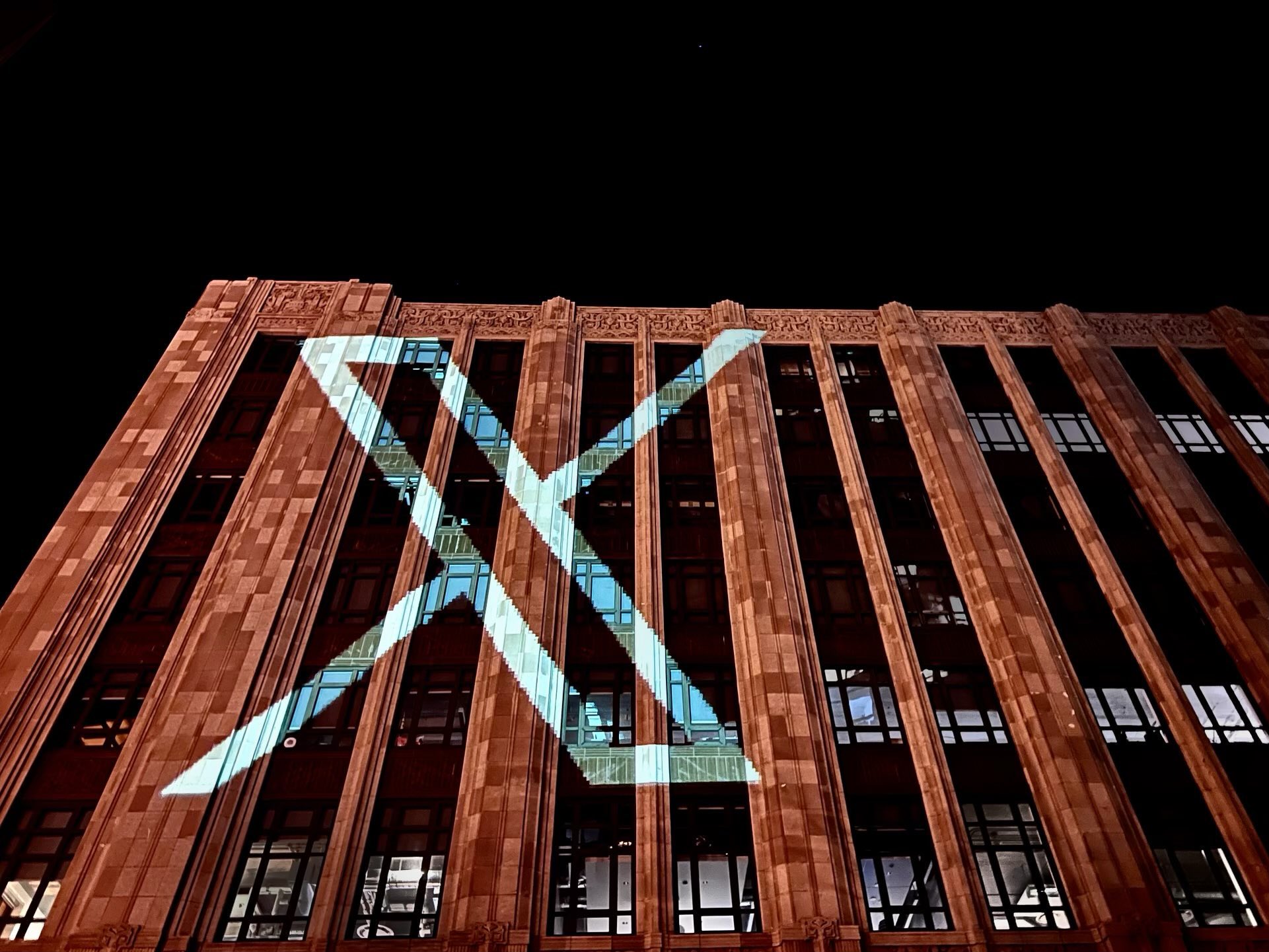Media platform X, formerly known as Twitter, has announced the immediate closure of its operations in Brazil due to what it calls "censorship orders" from Brazilian Supreme Court judge Alexandre de Moraes.
The decision comes amid an escalating dispute over content moderation and free speech on the platform, highlighting the Elon Musk-owned social media platform’s ongoing struggles with effectively managing harmful content.
X claims that Moraes secretly threatened one of its legal representatives in Brazil with arrest if the company did not comply with orders to remove certain content. The platform shared images of a document allegedly signed by Moraes, which stipulates a daily fine of 20,000 reais ($3,653) and potential arrest if X failed to fully comply with his directives.
"To protect the safety of our staff, we have made the decision to close our operation in Brazil, effective immediately," X stated. However, the company affirmed that its service would remain available to Brazilian users.
The conflict stems from Moraes' investigation into "digital militias" accused of spreading misinformation and hate speech during the tenure of former president Jair Bolsonaro. Earlier this year, Moraes ordered X to block specific accounts linked to this investigation.
X owner Elon Musk has been vocal in his criticism of Moraes, calling him an "utter disgrace to justice" and asserting that the judge's decisions regarding X are "unconstitutional". Musk stated that the company "could not have agreed to the judge's secret censorship and private information handover demands".
However, critics argue that X's stance fails to acknowledge the platform's own shortcomings in content moderation. Since Musk's acquisition, X has faced accusations of allowing hate speech and misinformation to proliferate unchecked. The company's reduced moderation staff and changes to its policies have been linked to increased instances of harmful content on the platform.
X's challenges with content moderation are not unique to Brazil. The platform has faced similar issues in other countries, struggling to balance free speech concerns with the need to curb the spread of dangerous misinformation and hate speech. Some observers argue that X's confrontational approach with regulators, exemplified by its actions in Brazil, may be counterproductive to addressing these complex issues.
The Brazilian Supreme Court has not yet commented on X's allegations or the authenticity of the shared document.
Latest News
-
Just Eat latest to launch AI voice assistant
-
Microsoft launches chip to speed up inference workloads in Azure
-
FCA announces advanced AI review
-
Meta, TikTok and YouTube face first jury trial over claims platforms harm young users' mental health
-
Ofcom opens investigation into Meta over WhatsApp data disclosure
-
Amazon to cut 16,000 staff
The future-ready CFO: Driving strategic growth and innovation
This National Technology News webinar sponsored by Sage will explore how CFOs can leverage their unique blend of financial acumen, technological savvy, and strategic mindset to foster cross-functional collaboration and shape overall company direction. Attendees will gain insights into breaking down operational silos, aligning goals across departments like IT, operations, HR, and marketing, and utilising technology to enable real-time data sharing and visibility.
The corporate roadmap to payment excellence: Keeping pace with emerging trends to maximise growth opportunities
In today's rapidly evolving finance and accounting landscape, one of the biggest challenges organisations face is attracting and retaining top talent. As automation and AI revolutionise the profession, finance teams require new skillsets centred on analysis, collaboration, and strategic thinking to drive sustainable competitive advantage.
© 2019 Perspective Publishing Privacy & Cookies









Recent Stories